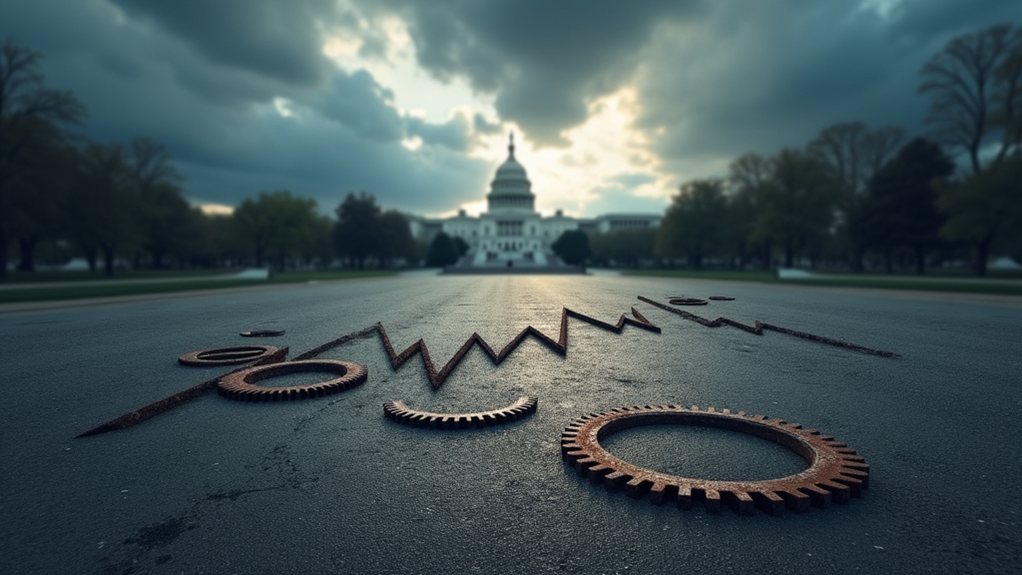As tensions rise over trade, Canadians are fighting back against U.S. tariffs imposed by President Trump. The Canadian government responded quickly, imposing 25% retaliatory tariffs on $30 billion worth of U.S. goods. They announced plans for additional tariffs on $125 billion of U.S. products in 21 days.
Prime Minister Justin Trudeau stated that Canada will not back down until the U.S. tariffs are lifted. In Ontario, the government decided to charge 25% more for electricity shipped to 1.5 million Americans. Ongoing discussions are taking place among provinces to explore further non-tariff measures.
Meanwhile, consumer boycotts are gaining momentum. A movement called the "Economic Blackout" is urging Canadians to avoid major U.S. retailers. Many Canadians are choosing not to vacation in the U.S. and are opting for Canadian products instead.
In Toronto, the Madison Avenue Pub has banned U.S.-made liquor and food items, and liquor stores across Ontario have removed over 3,600 American-made products from their shelves. Additionally, with 25% tariffs imposed on Mexican and Canadian imports, Canadian businesses are shifting their focus to Canadian and international products. The CEO of Best Buy announced that added costs from tariffs will be passed on to customers.
The Canadian dollar is expected to weaken against the U.S. dollar, leading to increased prices. As a result, the hotel and airline industries in Canada may see a boom, while some businesses contemplate dropping uneconomical product lines. Furthermore, the estimated cost to Canadians could reach $1,900 per person annually, adding to the financial strain.
The economic impact of these tariffs could be significant. A typical Canadian family could face annual costs between $1,600 and $2,000. Canada's GDP may shrink by 2.6%, while the U.S. GDP could decline by 1.6%.
If tariffs stay in place, Canada could even face a recession by mid-2025. Communities near the border are feeling heightened tensions, with some Canadians reducing trips to the U.S., and a major development project in St. Stephen, N.B., has been canceled due to uncertainty.









